- reachus@nmigrationreview.com
- No. 303/A, 3rd Floor, Meridian Plaza, Ameerpet, Hyderabad, India
Menu
Free Consultation
Apply Today
Study in Canada
Introduction
Canadian universities attract students from all over the world who aspire to pursue diverse courses. These institutions are characterized by robust infrastructure, innovative curriculum, and expansive campuses. Obtaining a Canada PR can enhance your prospects of studying in Canada. At Migration Review Education, we collaborate with students to boost their chances of securing a Canada student visa. Our services assist students in selecting suitable courses and colleges that can act as a stepping stone towards their global career.
Introduction
Canada is a leading destination for higher education, attracting a large number of international students every year. Canadian universities offer top-notch education that is renowned worldwide, with research being a key focus of graduate programs. Students with exceptional research ideas are supported by the universities and awarded scholarships accordingly.
In addition to this, there are several other reasons to consider studying in Canada:
- Canadian universities provide world-class education recognized globally, with research being a key component of graduate courses
- Scholarships are awarded to students with exceptional research ideas
- Canada offers affordable education with innovative and abundant research opportunities
- An education in Canada can increase the chances of immigration through points gained in language proficiency, education, work experience, and age
- Canada provides a vibrant campus atmosphere with numerous extracurricular activities and events
- The country has safe and healthy communities for students to live in
- International students can work part-time while studying and gain valuable work experience through the Post-Graduation Work Permit (PGWP)
- The PGWP is valid for up to three years, depending on the study program’s duration
- Canada provides good internship opportunities for students to gain practical experience in their field of study.
Eligibility criteria
- To be eligible for graduation, the minimum required score is 50% from a UGC or AICTE recognized university.
- The graduation degree must be completed within the stipulated time with no gap year.
- For example, a 3-year degree like B.Com must be completed within 3 years, and a 4-year degree like Engineering must be completed within 4 years.
- The candidate should not have more than 10 backlogs during their graduation period.
Stay back period and post graduation work permit
- To be eligible to stay back in Canada, a student needs to pursue a course for a minimum duration of 8 months.
- A course less than 8 months does not allow a student to stay back or apply for a Post Graduation Work Permit.
- For post-graduation work permit, a student needs to pursue a course of at least 8 months duration.
- If the duration of the course is less than 2 years, the student is eligible for a post-graduation work permit of equivalent duration as the course. For example, an 8-month course would give an 8-month post-graduation work permit.
- If the student pursues a 2-year course (masters or diploma), they are eligible for a post-graduation work permit of 3 years. For example, a 2-year masters/diploma course is equal to a 3-year post-graduation work permit.
Cost of Studying in Canada
Studying in Canada is generally more affordable compared to other countries around the world, with tuition fees varying by institution and province. The cost for technical and medical courses tend to be higher than for arts courses.
Program Level | Average Tuition Fees (CAD) |
Undergraduate | $12,000 – $25,000 per year |
Postgraduate Master’s | $24,000 – $35,000 per year |
Doctoral | $7,000 – $10,000 per year |
It’s important to note that the cost of studying in Canada also includes other factors such as the cost of living and Canada visa application fees, which international students will need to account for.
Upcoming Intakes
Canada’s universities and colleges offer three intakes, which may also be referred to as semesters in some institutions. The three intakes available are:
Fall Semester – This is a popular intake that starts in September.
Winter Semester – This intake starts in January.
Summer Semester – This intake typically starts in April/May and is available for limited programs and colleges.
To increase your chances of getting admission and scholarships, we recommend applying well in advance, as it can become more challenging to secure these opportunities as the deadline approaches. It’s advisable to apply 6 to 9 months before the academic session begins.
Work Authorization for Students
To be eligible for work authorization in Canada, students must be over 18 years of age. International students who are enrolled in Canadian universities are allowed to work on-campus or off-campus for up to 20 hours per week during university semesters, and they can work full-time during breaks such as winter or summer holidays without needing a work permit. Additionally, foreign students who are enrolled in a program that requires work experience, such as through a co-op or internship program, are also eligible to work in Canada.
Generally, spouses of international students in Canada are granted the same rights as the students themselves. Therefore, if the student with a Canada student visa has the right to work, the spouse who comes to join them will also have the right to work.
Student Visa Requirements:
To apply for a student visa in Canada, you will generally need the following:
- A Valid Passport
- Attested copies of your 10th, 12th, and degree certificates
- Two academic references
- Two employer references
- A Statement of Purpose (SOP)
- Certificates of extracurricular achievements
- An acceptance letter from your educational institution
- Proof of payment
- Proof of financial funds
- Passport-size photographs
- Study Permit and Visa
- English proficiency
Your university or educational institution will inform you of any additional requirements before your application.
Steps to Study Abroad in Canada
Canada has numerous immigration pathways that follow easy procedures, with permanent residency (PR) being accessible to applicants. Here are the general steps to follow for the Canada PR application process:
Research Your Options
Research and decide on the universities, programs, location, costs, and opportunities that meet your requirements and interests.
1
Select Universities
Shortlist around 10 universities and study programs that align with your preferences and requirements.
2
Prepare For Entrance Exams
Prepare for standardized tests like TOEFL, GRE, GMAT, or IELTS based on the universities' requirements. Register for the tests in advance and plan for retakes if needed. Complete the tests before September of the year you want to apply.
3
Finance Your Studies
Ensure that you have sufficient funds for the entire duration of your studies, including accommodation, local travel, food, and other expenses. Plan how you will finance your studies through personal savings, education loans, scholarships, or assistantships.
4
Apply To Universities
Contact each university directly for admission requirements, complete the applications well before the deadlines, and submit them.
5
Confirm Admission
Once you receive acceptance letters from the universities, choose the one where you would like to study and pay a non-refundable deposit to confirm your admission.
6
Get A Student Visa
After confirming your admission, apply for a student visa to study in Canada.
7
Student Visa and Dependants
- International students who hold a Canada student visa can bring their spouse and dependent children to Canada. The spouse can apply for an open work permit and work for a Canadian employer during the validity of the study visa of the primary applicant. However, if the spouse wishes to study in Canada, they will have to apply for a separate study visa.
- Dependent children of student visa holders can also accompany their parents to Canada and stay for the duration of their parents' study visa validity. Minor children can attend school in Canada if their parents are either working or studying in the country, provided they are below the age of 22. Additionally, children over 22 years of age who are not financially independent due to a physical or mental condition may also be considered dependents.
Post Graduation
Canada offers various options to encourage international students and graduates from Canadian universities to stay and contribute to the country’s economy and culture. To retain international students, the Immigration, Refugees and Citizenship Canada (IRCC) operates the Post-Graduate Work Permit Program. International graduates can obtain an open work permit for up to three years under this program. This enables them to work for any Canadian employer in any industry without requiring a job offer from a Canadian employer at the time of application.
PR Visa Options
- Additionally, international students who graduate from a Canadian institution may be eligible to apply for permanent residency through the Express Entry system. The Canadian Experience Class (CEC) stream is specifically designed for foreign graduates who have Canadian work experience.
- Moreover, many provinces in Canada have their own Provincial Nominee Programs (PNP) that offer opportunities for international students to gain permanent residency. The eligibility criteria may vary for each province, but some require a job offer from a Canadian employer.
- In summary, studying in Canada can provide opportunities to gain valuable points for various immigration streams, gain Canadian work experience, and improve social integration, all of which can contribute towards an eventual pathway to permanent residency in Canada.
Top Ranking Universities in Canada
According to the QS World University Rankings 2021, there are 25 top-ranked universities in Canada. The first 10 highest-ranked universities in Canada, along with their global ranking, are:
University of Toronto (#26)
McGill University (#27, tied)
University of British Columbia (#46)
Université de Montréal (#111)
University of Alberta (#126)
McMaster University (#140)
University of Waterloo (#149, tied)
Western University (#170)
University of Ottawa (#230)
University of Calgary (#235)
Other universities in Canada that made the list include
Queen’s University at Kingston (#240, tied),
Dalhousie University (#272, tied),
Simon Fraser University (#298, tied),
University of Victoria (UVic) (#334, tied),
Université Laval (#414, tied),
University of Saskatchewan (#458),
York University (#494, tied),
Concordia University (521-530),
University of Guelph (581-590),
Université du Québec (591-600),
Carleton University (601-650),
University of Manitoba (601-650),
University of New Brunswick (651-700),
University of Windsor (701-750),
Memorial University of Newfoundland (751-800),
Université de Sherbrooke (751-800) and
Ryerson University also made the list with a ranking of 801-1000.
Post study work options
International students in Canada have the opportunity to gain work experience after completing their studies, thanks to the Post-Graduate Work Permit Program offered by the Canadian government. This program, administered by Immigration, Refugees, and Citizenship Canada (IRCC), allows international graduates to obtain an open work permit that is valid for up to three years. With this permit, graduates can work for any Canadian employer without the need for a job offer prior to applying.
How we can help you
Migration Review Education can provide assistance and guidance throughout the visa application process. This includes advising you on the necessary documentation required for your visa, as well as how to properly demonstrate your financial ability to support yourself during your stay in Canada. They can also help you complete and submit your visa application and review all necessary documents to ensure accuracy and completeness. Their expertise and support can help make the application process smoother and increase the chances of a successful visa application.
STUDY ABROAD
Contact Us if You Are Looking To Study Abroad
Need a consultation? Call us today +91-7328970009
We are a trusted Immigration & Visa Consultant company. With years of experience, we have helped countless individuals and families successfully navigate the immigration process.
Copyright © All Rights Reserved.


